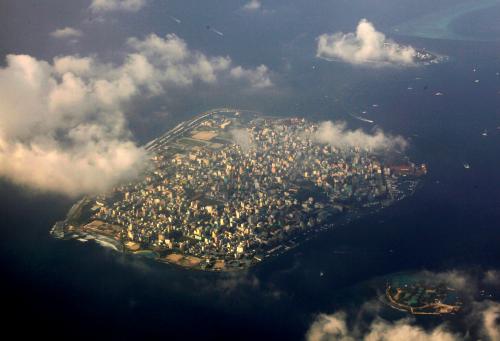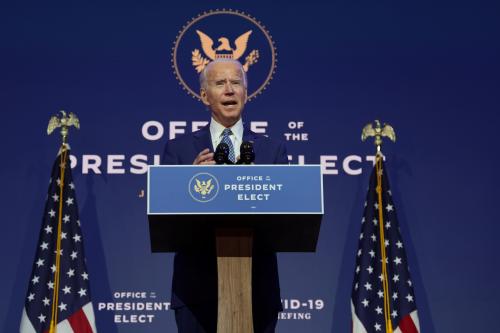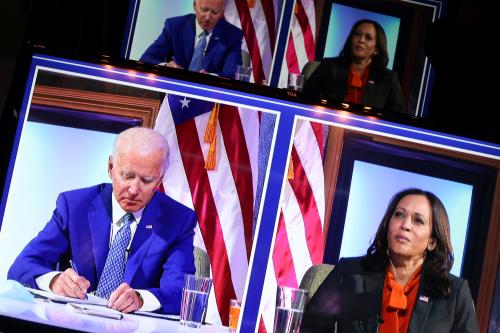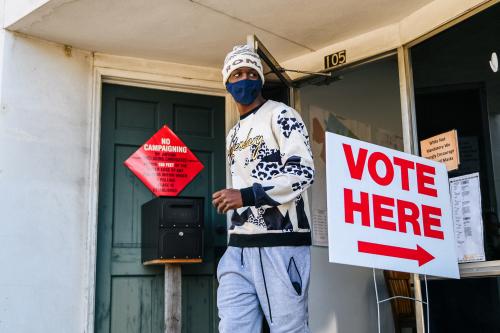The island republic of the Maldives is set to swear in a new president after a massive voter turnout swept an authoritarian leader from office. It’s a big gain for India and a setback for China and Saudi Arabia. But it’s too soon to count out the losing party.
Ibrahim Mohamed Solih, 54, will take office on November 17 for a five-year term. His predecessor Abdallah Yameen tried to use intimidation and force to secure his re-election. Yameen’s supporters raided the office of Solih’s opposition Maldivian Democratic Party on election eve. Many foreign observers were prevented from witnessing the vote and denied visas (while a few did attend, their movement was restricted).
But on Election Day, the voter turnout was 90 percent and Solih won 58 percent. Yameen accepted defeat and has agreed to a transition in power. It’s too soon to say how smooth the process will be. Yameen has been willing to use shady legal cases against his opponents in the past. The Maldives court system needs a thorough reform. Yameen’s supporters are already challenging some of the election results.
Yameen is the half-brother of the Maldives first president, who ruled the islands as a dictator for 30 years before losing an election. Yameen’s term in office was marred by the arrest of many critics, widespread corruption, and mysterious assassination attempts.
The victory for Solih was immediately welcomed by India, which had been increasingly critical of Yameen’s authoritarian government and its heavy reliance on China. Yameen borrowed heavily from China for infrastructure projects in the country, raising the risk of a Chinese takeover by debt. The Indian ambassador boycotted the ceremonial opening of the biggest project, which is a bridge connecting the capital Malé to the national airport on a neighboring island. China only grudgingly accepted Solih’s victory. His party has promised to review all contracts with the Chinese.
Saudi Arabia was another big booster of Yameen. The Qatar-based Al Jazeera news network has exposed some of Yameen’s corruption, which adds to the Saudis’ humiliation. The Saudis have demanded Al Jazeera be shut up and stop supporting democratic movements in the Islamic world. Now it has helped one triumph in a place Riyadh regards as its back yard.
The Maldives are strategically important because they sit astride the shipping lanes from the Middle East to the Far East and South Asia. New Delhi is particularly sensitive to third-party involvement in the islands, which are an extension of the Lakshadweep Islands chain in India.
The country has struggled since independence to build democracy. It will need the help of democracies in the West as well as India to secure a prosperous and free future, but Maldivians have made clear that is what they aspire to. The next couple of months are critical for their vision.





Commentary
Maldives democracy prevails for now
September 27, 2018